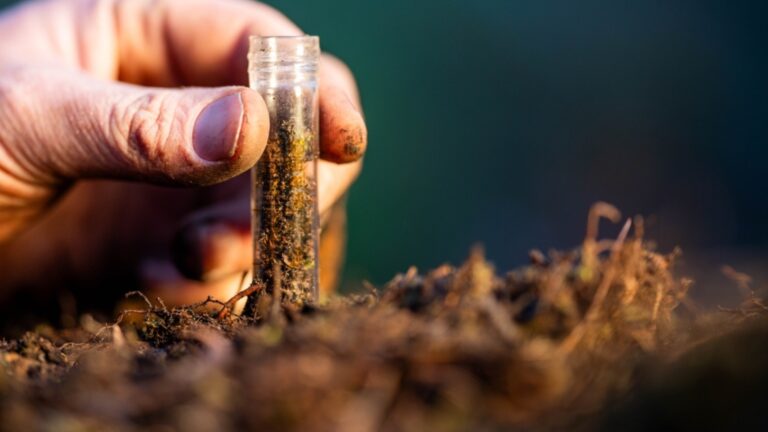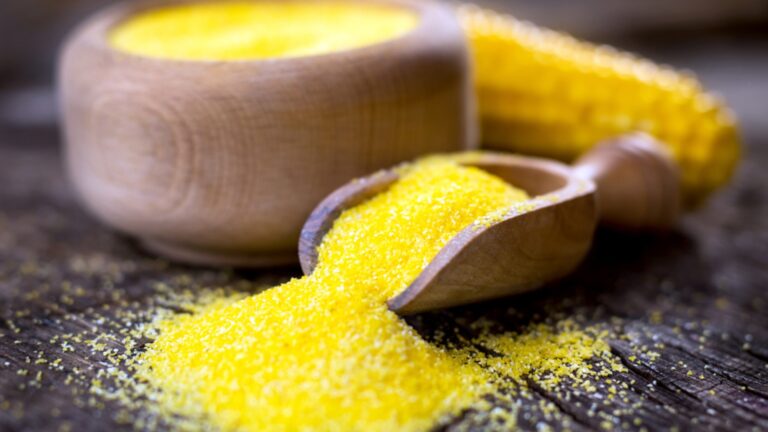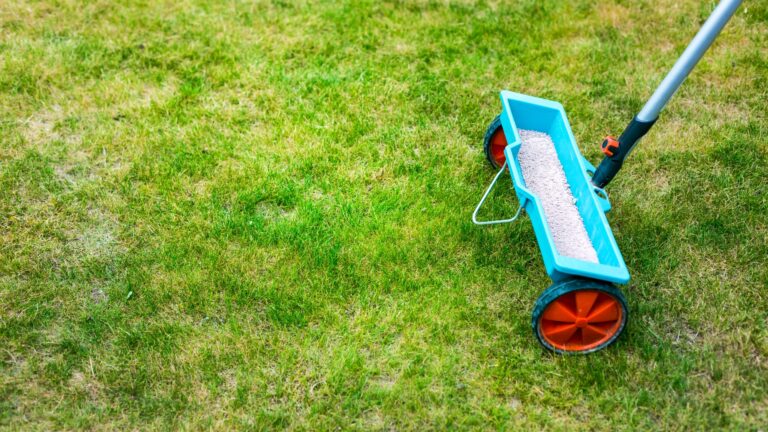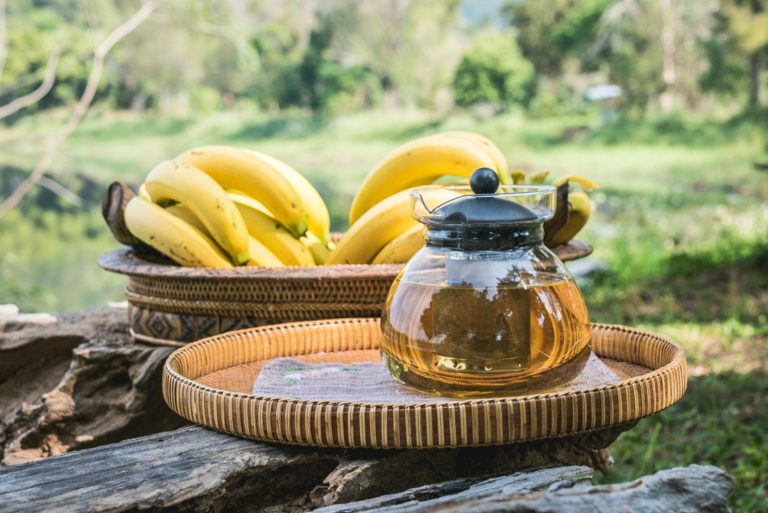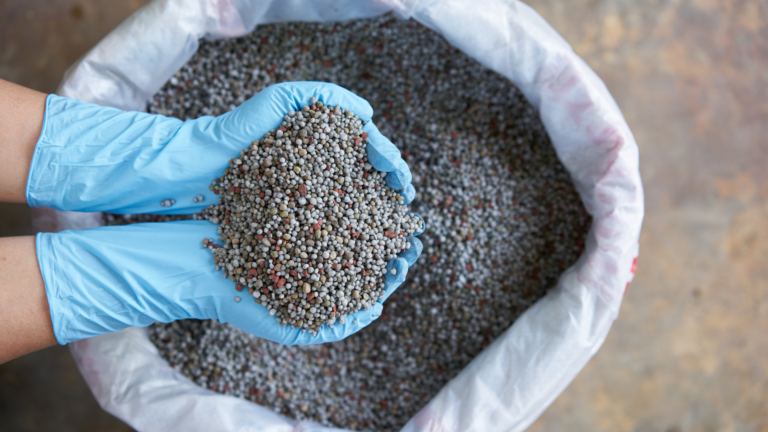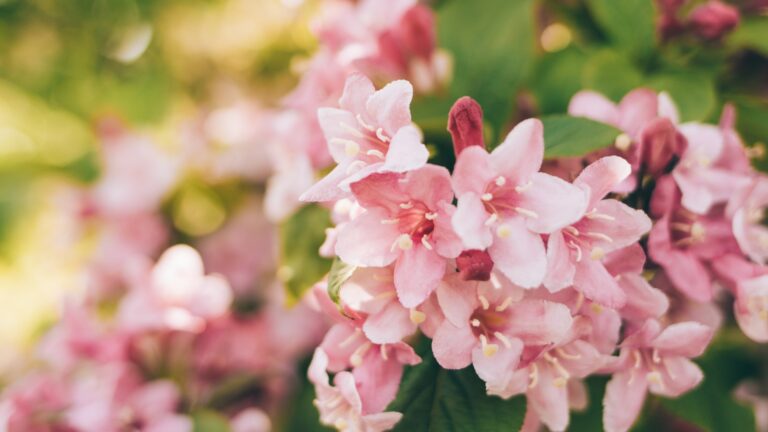These Are The Three Most Important Soil Ingredients To Use In A Raised Bed Garden
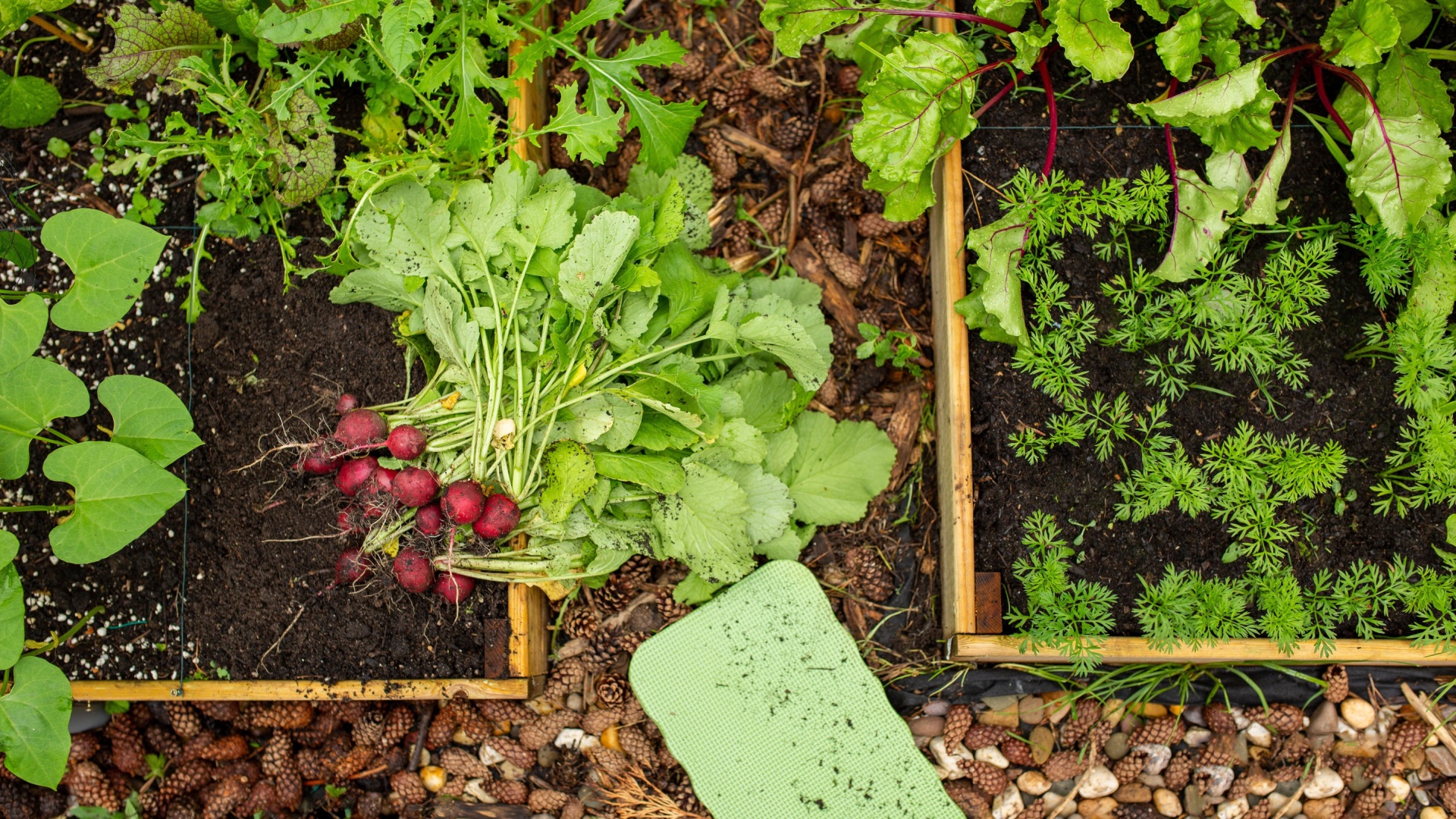
There’s something magical about raised bed gardens — neat rows, happy plants, and soil that feels just right. But sometimes, the dream hits a snag.
If your plants are stuck in slow-mo despite your best efforts, the real issue might be hiding beneath the surface.
Great gardens don’t grow on sunshine alone — it all starts with the soil. A raised bed is only as good as what you put in it, and the wrong mix can leave your plants high and dry.
Thankfully, success comes down to three key ingredients. Get those right, and your garden will be off to the races.
The Secret To A Thriving Raised Bed Garden Revealed!
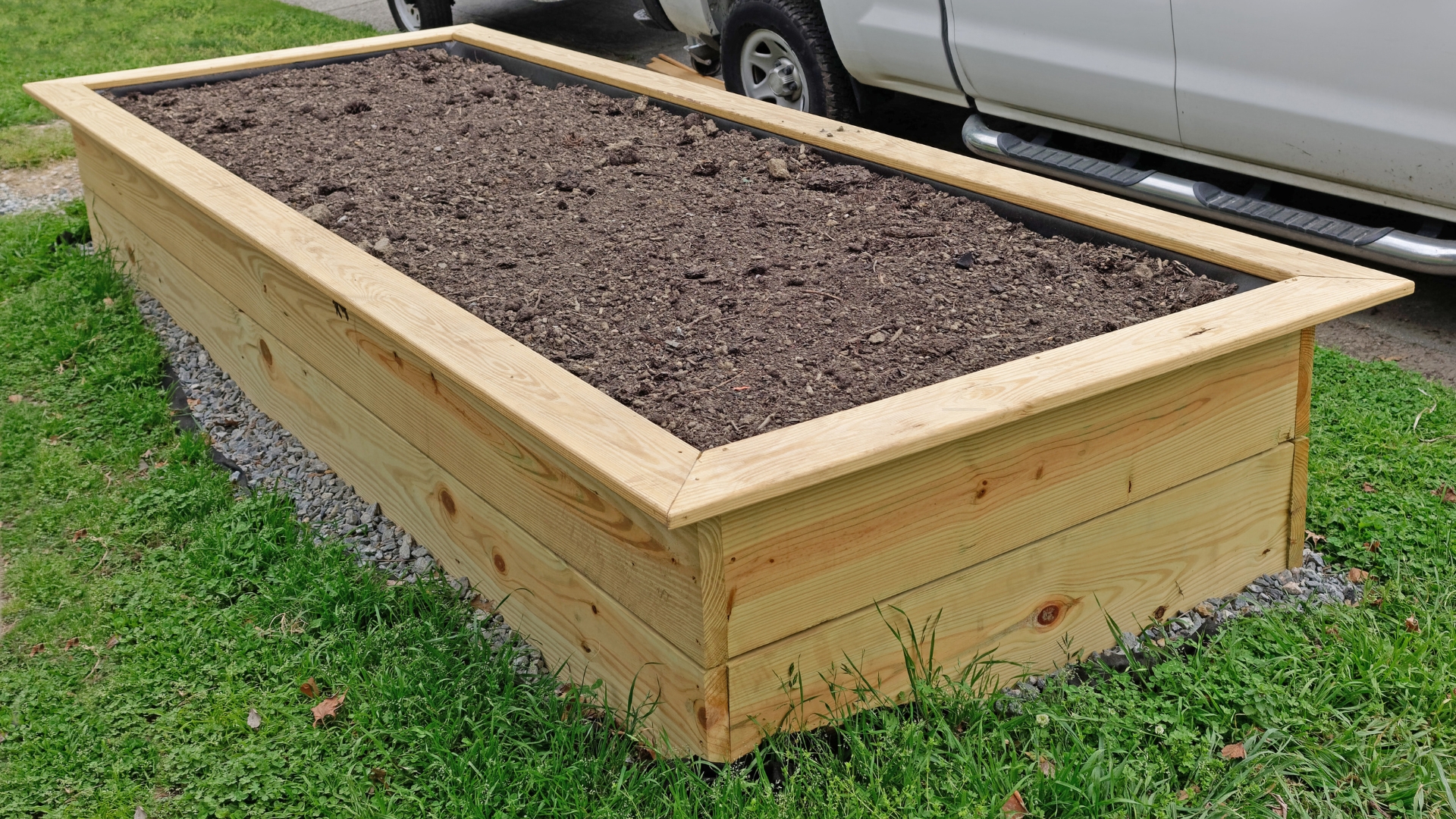
The secret to a thriving raised bed comes down to three essential components: topsoil for structure, compost for organic matter, and nutrient boosters to keep everything balanced.
Without these, even the most well-built raised bed won’t produce the lush, productive garden you’re hoping for.
Unlike traditional gardens, raised beds don’t have the luxury of pulling nutrients from deep underground.
The soil mix you create is the entire ecosystem for your plants, meaning every leaf, stem, and root relies entirely on what’s in that box.
The right blend provides stability, moisture retention, and essential nutrients, ensuring your plants stay strong all season long. Get this trio right, and your raised bed is destined to thrive!
Don’t Overlook Topsoil!
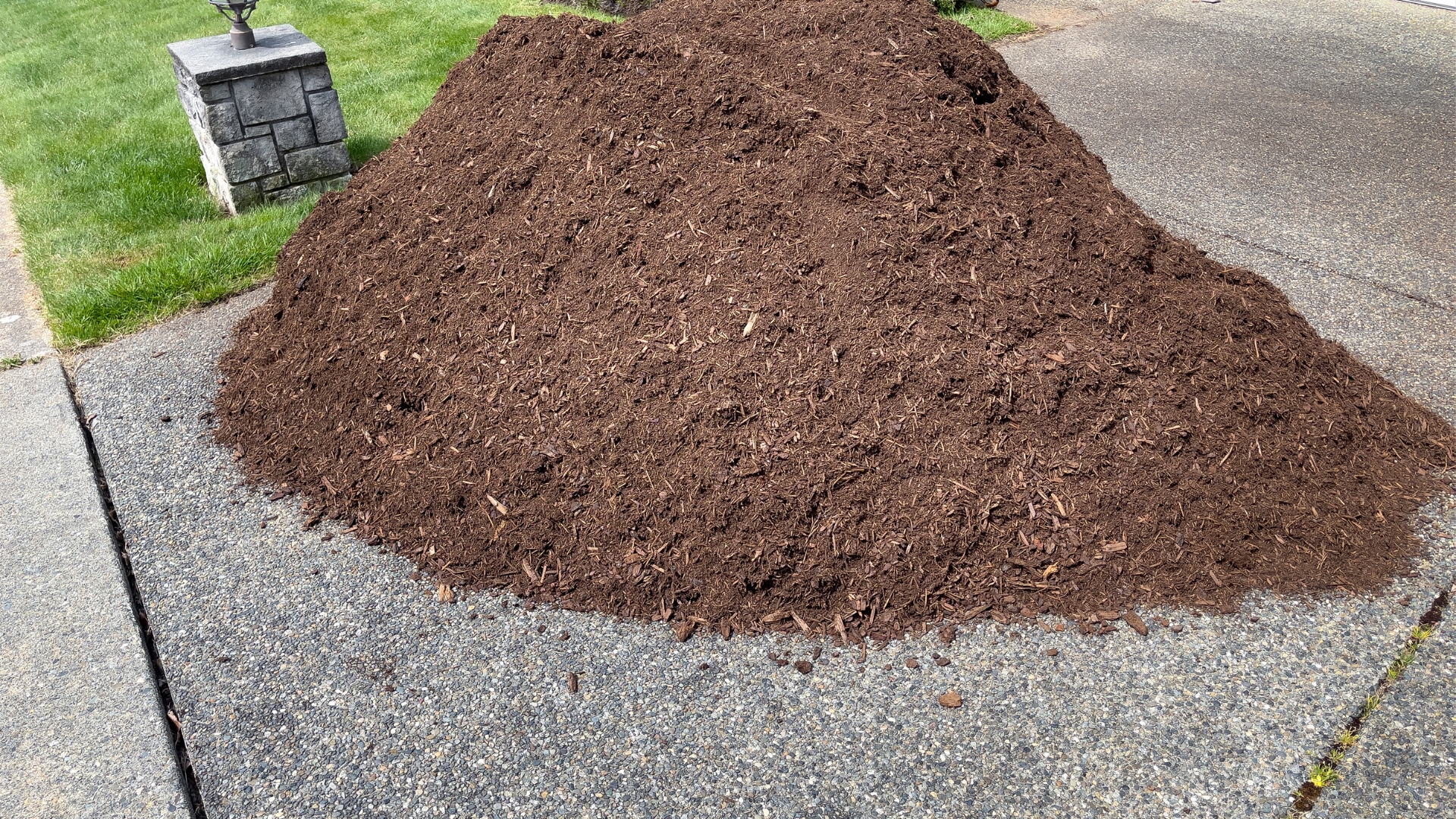
The first and most important ingredient in a raised bed is high-quality topsoil – but not just any soil will do. The best topsoil for raised beds should be loose, well-draining, and rich in organic matter, ensuring that roots can spread easily and access the nutrients they need.
A mix that’s sandy or loamy in texture works best, preventing water from pooling while allowing oxygen to reach plant roots.
Many gardeners make the mistake of using heavy, compacted soil or low-quality fill dirt, which can suffocate plants and lead to poor drainage.
Raised beds function differently from in-ground gardens, meaning the soil must be light, aerated, and full of life. Investing in good topsoil sets the stage for everything else, giving your plants the strong foundation they need to flourish.
The Best Type Of Compost For A Raised Bed
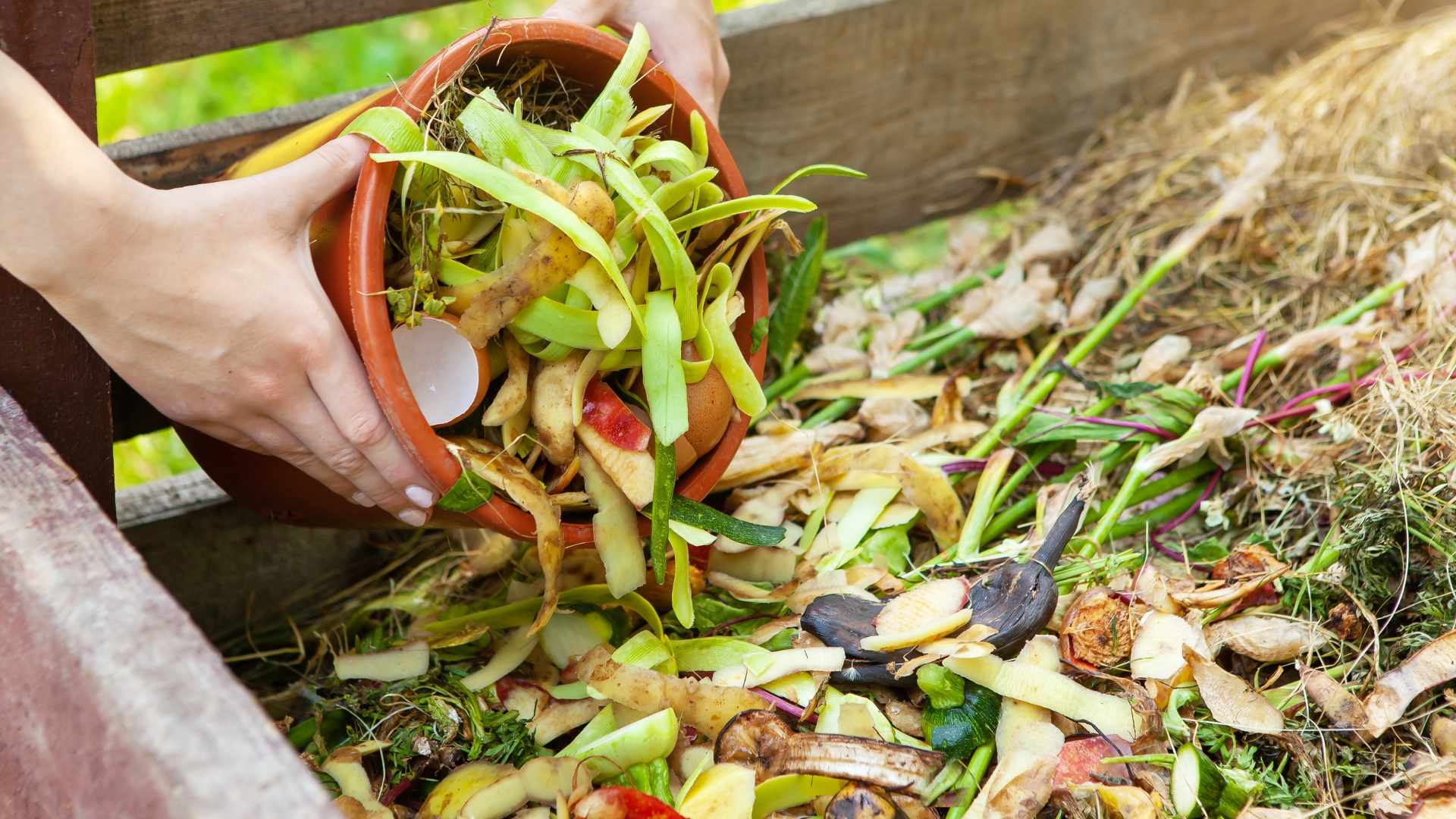
By now, most gardeners know that compost is a powerhouse for plant health, but not all compost is created equal. With so many options on the market, it’s tempting to grab a bag from the store and call it a day.
However, the absolute best compost for your raised bed is homemade – nothing beats the quality, richness, and balance of nutrients that come from your own kitchen and yard waste.
If you’ve never made compost before, don’t worry! It’s as simple as collecting food scraps (like veggie peels and coffee grounds) and mixing them with yard waste (like dried leaves and grass clippings).
Given time and occasional turning, you’ll have dark, crumbly compost that feeds your plants naturally.
If making your own isn’t an option, be selective about where you get it. Local farms, community compost programs, and even neighbors with excess compost are great sources – often fresher and better than anything off the store shelf.
Why Nutrients Matter
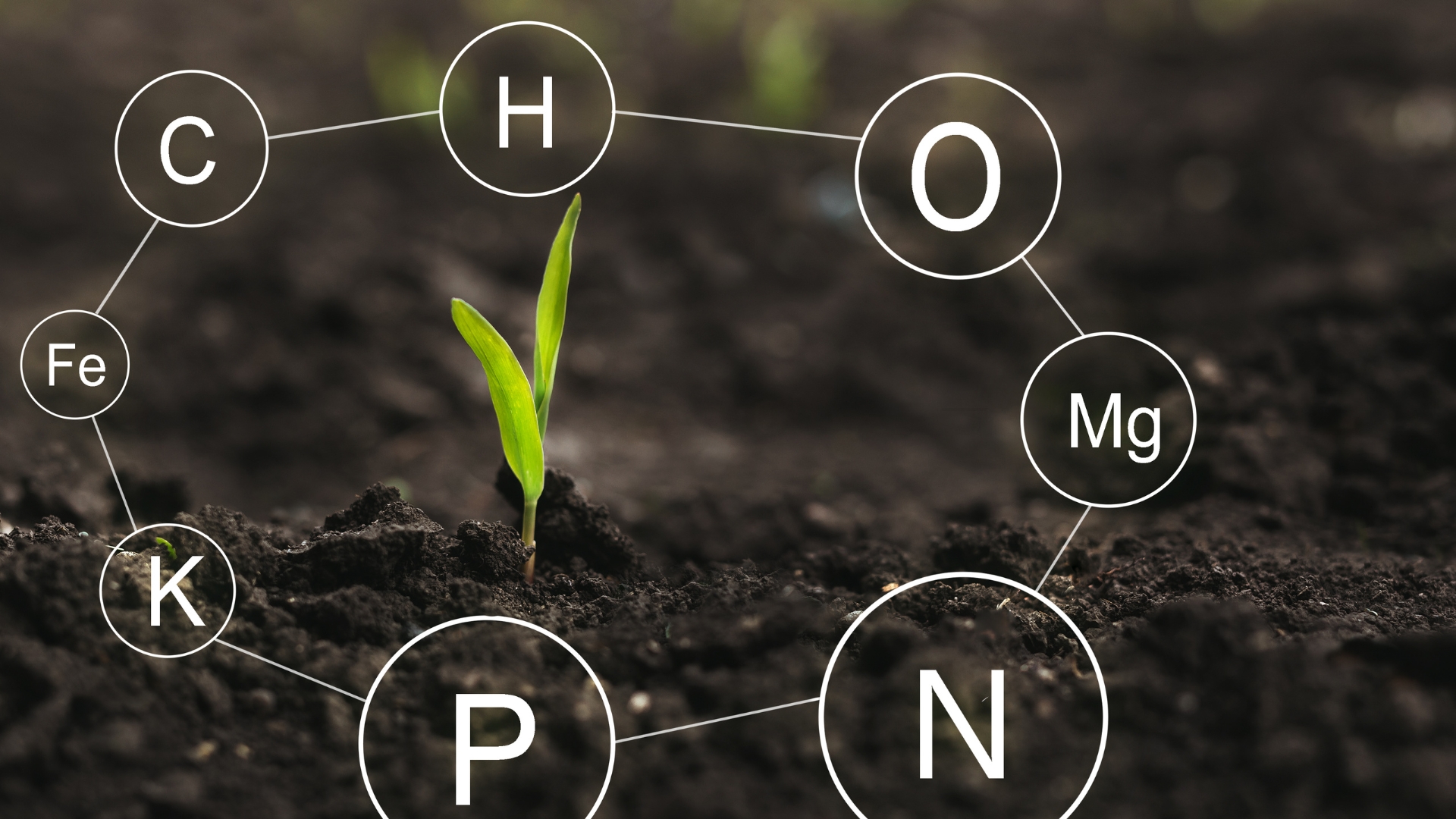
In the beginning, a raised bed is like a nutrient goldmine — rich, fertile, and ready to fuel healthy growth. But that bounty doesn’t last forever. As your plants grow, they draw essential minerals from the soil, slowly depleting what was once plentiful.
Rain and regular watering can speed up the process, washing valuable nutrients away and leaving the soil a little poorer each season. Over time, even the best-built raised bed can start turning out pale, stunted, or sluggish plants.
Plants depend on three main nutrients to truly thrive: nitrogen for leafy green growth, phosphorus for strong roots and vibrant blooms, and potassium to help fight off pests and disease. When those start to run low, your garden can’t reach its full potential.
That’s where nutrient boosters come in. They replenish what’s been lost, keeping your soil balanced and your plants growing strong, season after season.
Here Are The Best Boosters For Your Raised Beds
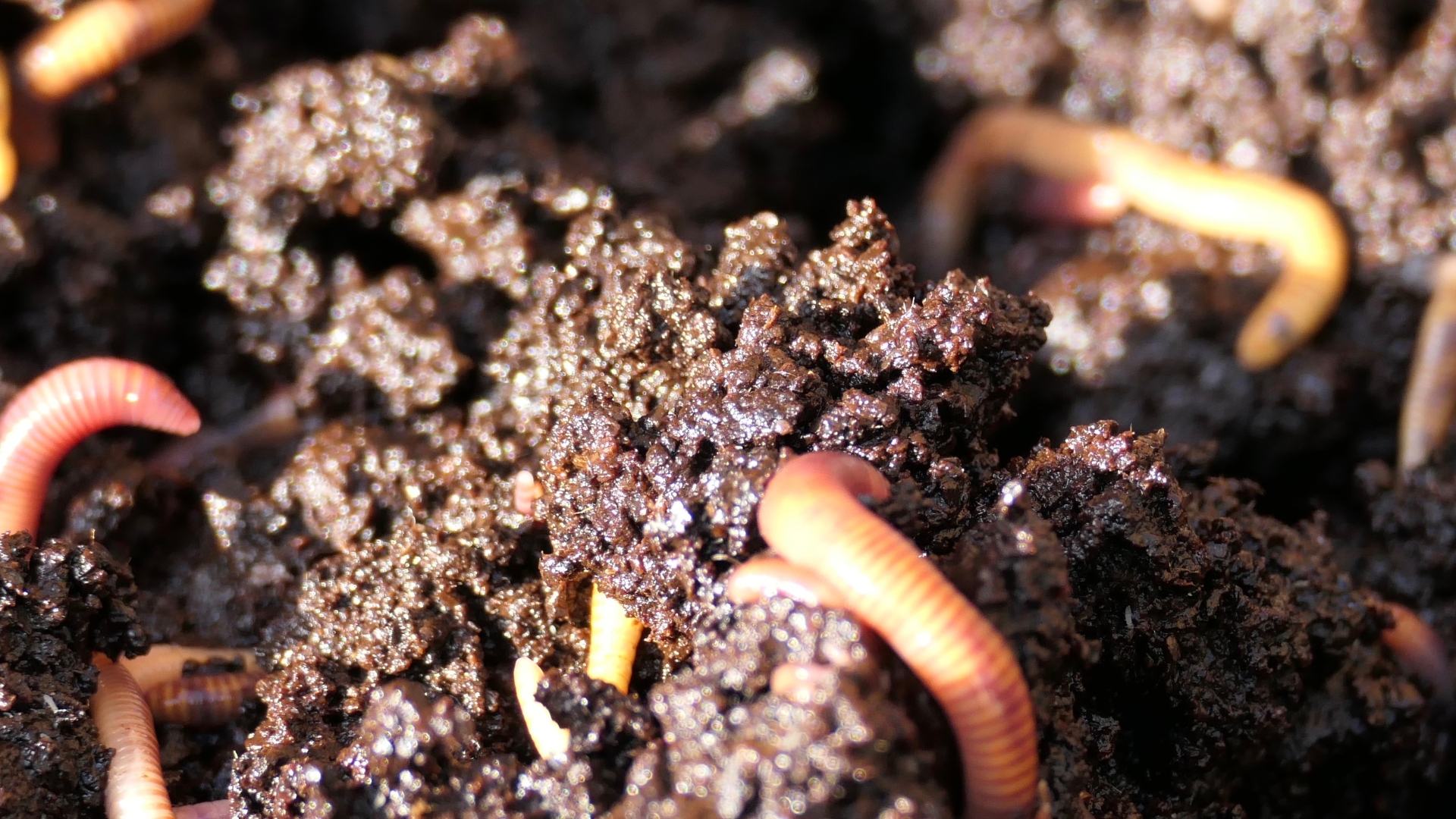
When it comes to keeping raised beds productive, nothing beats natural nutrient boosters. Some of the best options include worm castings, bone meal, and fish emulsion, each offering unique benefits to improve soil health and plant growth.
Worm castings work like a gentle, all-purpose fertilizer, adding essential nutrients while improving soil structure and moisture retention.
Bone meal is rich in phosphorus, making it ideal for promoting strong root development and vibrant flowers.
For a quick nutrient boost, fish emulsion delivers a fast-absorbing source of nitrogen to encourage lush, green growth.
But remember, too much of a good thing can backfire. Overloading your soil with nutrients can cause imbalances, leading to weak plants or nutrient burn. Moderation is key!
Mastering raised bed gardening starts with mastering your soil. With the right balance of topsoil, compost, and nutrients, your plants will have everything they need to grow strong and thrive. Happy soil, happy garden!

